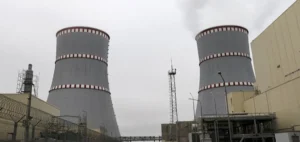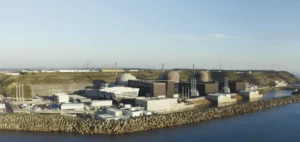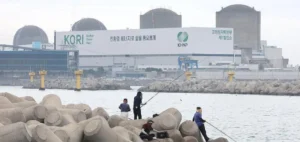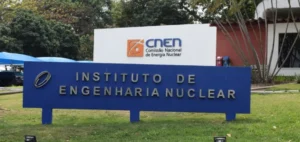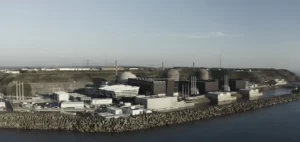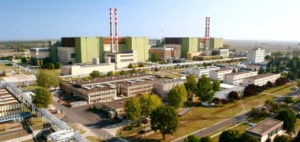Anne-Isabelle Étienvre has officially been proposed by the Élysée to become the next General Administrator of the Commissariat à l’énergie atomique et aux énergies alternatives (CEA – French Atomic Energy and Alternative Energies Commission). This nomination, announced on Friday in a press release from the French presidency, follows the departure of François Jacq, who is now President of the Centre national d’études spatiales (CNES – French National Center for Space Studies). In accordance with constitutional procedures, this proposal has been submitted to the presidents of the National Assembly and the Senate, ahead of a parliamentary hearing required for validation. The final decision is expected before the end of June, thereby completing the institutional process.
A Career Deeply Rooted in Research
Holder of a PhD in particle physics, Anne-Isabelle Étienvre joined the CEA in 2003 as a research engineer. Her career within the institution allowed her to progressively climb the ranks until becoming Director of Fundamental Research in 2023. She also held an important political position as advisor for research to Minister Sylvie Retailleau at the Ministry of Higher Education and Research between 2022 and 2023. This combination of scientific and institutional experience strategically positions her to lead the CEA.
Constitutional Process and Parliamentary Validation
According to French constitutional procedure, Anne-Isabelle Étienvre must appear before the relevant committees of both parliamentary chambers, which will examine her profile and her strategic vision for the CEA. These mandatory hearings, required before any official appointment, allow members of parliament to assess the suitability of her candidacy. The parliamentary process is expected to be completed before the end of the current session, allowing Étienvre to assume her new responsibilities upon validation by the lawmakers.
Institutional and Strategic Context for the CEA
The CEA occupies a central role in France’s industrial and energy strategy, particularly in civil nuclear energy, alternative energies, and advanced technologies. Appointing a leader with an internal scientific background underscores a continuity in the CEA’s operations, while addressing significant technological and economic challenges for the French energy sector. The organization plays a pivotal role in public policies relating to energy research, technological innovation, and national industrial infrastructure.
Sectoral and Industrial Impact
The transition from François Jacq to Anne-Isabelle Étienvre comes at a critical time when the energy sector, particularly nuclear, faces substantial investment and innovation challenges. Continuity in governance within the CEA could reassure industrial stakeholders about the strategic stability of the institution. Étienvre’s internal and scientific career may have implications for industrial partnerships, future technological directions, and strategic decisions within the organization.
Economic stakeholders in the sector will closely monitor developments regarding this proposed appointment, which could have lasting influence on France’s energy strategy in the coming years.



